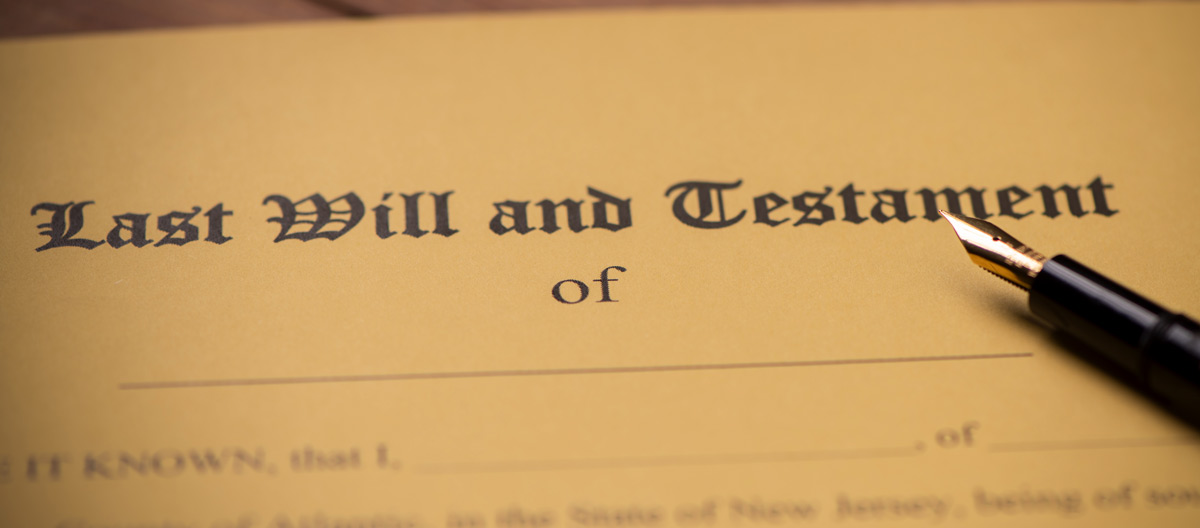How to choose executors for your will

How to choose executors for your will
Choosing executors for your will is a significant decision, as these individuals will be responsible for carrying out your wishes after you pass away. Here’s a step-by-step guide to help you choose the right executors:
Identify Potential Candidates – Consider Trustworthiness and Responsibility:
Executors should be trustworthy, responsible, and capable of managing financial and legal matters. They will handle your assets, debts, and the distribution of property according to your will.
Family Members or Trusted Friends:
CreateWills goes beyond conventional will-making platforms by integrating the concept of Hibah into its framework. This forward-thinking approach allows individuals to incorporate Islamic principles into their legacy planning seamlessly, ensuring that their wealth is distributed in a manner that aligns with their faith and values.
Professional Executors:
If your estate is complex or if there might be conflicts among family members, consider appointing a professional executor, such as a lawyer, accountant, or a professional trustee from a financial institution. They bring expertise but usually charge fees for their services.
Evaluate Qualifications – Organizational Skills
The executor should be well-organized and able to manage administrative tasks efficiently. This includes handling paperwork, communicating with beneficiaries, and managing finances.
Legal and Financial Knowledge:
While not mandatory, having some legal or financial knowledge can be beneficial. Executors often need to navigate legal processes and manage financial matters.
Availability and Longevity:
Consider the age and availability of the potential executor. Choose someone likely to outlive you and who is willing to take on the responsibilities when the time comes.
Have Open Discussions – Communicate Your Wishes:
Talk to the potential executors about your will and ensure they understand your intentions. Discuss the responsibilities involved and ask if they are willing to take on this role.
Address Potential Conflicts:
If there might be disagreements among beneficiaries or complexities in your estate, discuss these openly with potential executors. Ensure they are prepared to handle any conflicts that may arise.
Nominate Alternate Executors – Have Backup Options:
Nominate alternate executors in case your primary choice is unable or unwilling to fulfill the responsibilities when the time comes.
Formalize the Appointment – Legal Requirements:
Check the legal requirements in your jurisdiction regarding the appointment of executors. Follow these guidelines when formalizing the appointment in your will.
Document the Appointment:
Check the legal requirements in your jurisdiction regarding the appointment of executors. Follow these guidelines when formalizing the appointment in your will.
Clearly state the names of your chosen executors in your will. You may want to discuss this with a legal professional to ensure proper documentation and adherence to legal requirements. Choosing executors is a crucial aspect of estate planning. Take your time, consider your options carefully, and ensure the individuals you select are willing and capable of fulfilling their duties when the time comes. Regularly review and update your choices if circumstances change.










